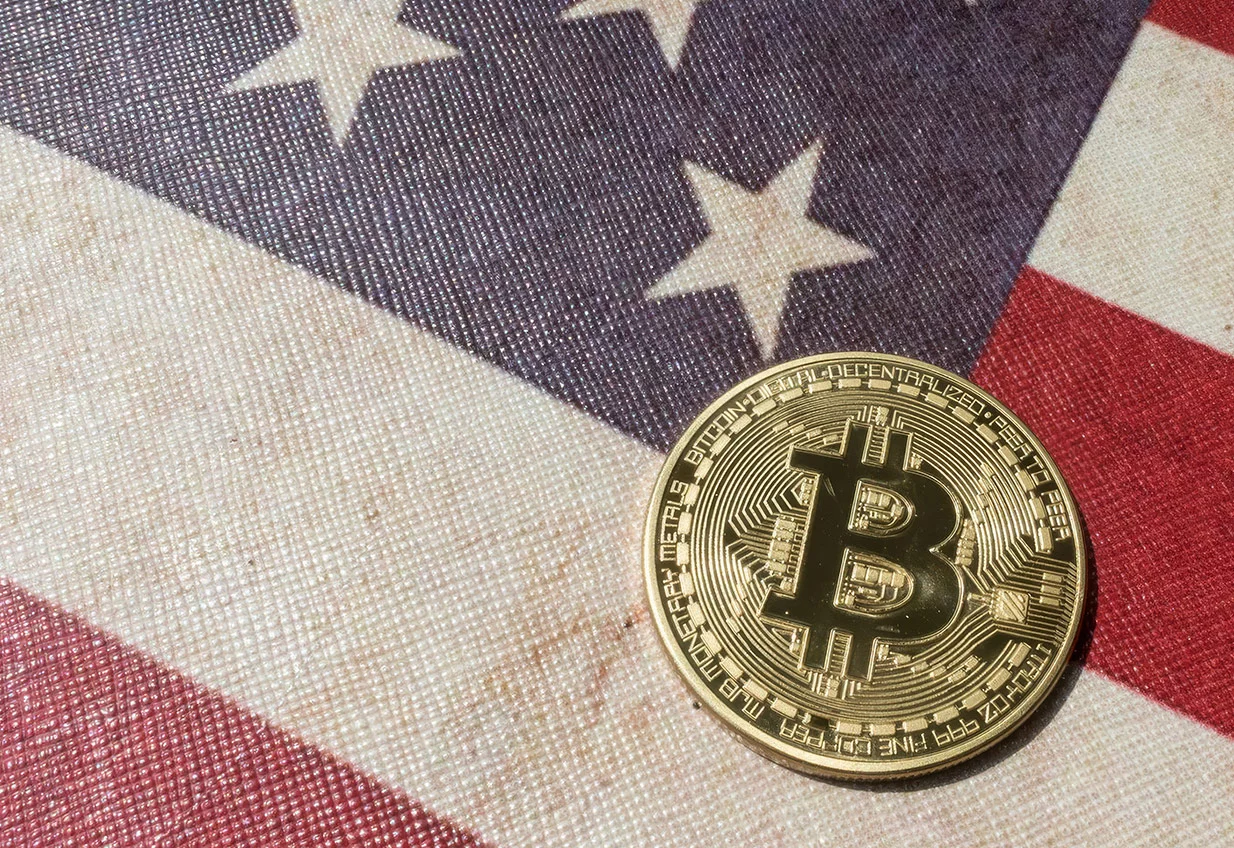Currently, the U.S. government’s bitcoin stockpile comes primarily from confiscations tied to criminal activities. Historically, these assets have been auctioned off, with proceeds directed to federal budgets.
While Trump’s proposal to halt bitcoin sales seems straightforward, implementing such a policy could be complex, involving multiple agencies like the Department of Justice (DOJ), the U.S. Marshals Service, and the U.S. Treasury. There is no established framework for managing a federal Bitcoin reserve, and shifting control of assets between agencies could require new legislation.
According to Perianne Boring, CEO of the advocacy group Digital Chamber, “We’re going by a speech that was rather generic. Can you just move money between federal agencies like that? I don’t know.” She added that creating a strategic Bitcoin stockpile fund in the Treasury Department might necessitate congressional approval, though it’s unclear how much authority Trump could exercise via executive powers.
Similarly, Moish Peltz, a partner at Falcon, Rappaport, and Berkman, noted that rules for handling seized bitcoin can vary across agencies and depend on how the bitcoin was acquired. While some aspects might require congressional action, others might not, allowing for gradual implementation.
Despite these hurdles, the government’s existing experience with bitcoin seizures demonstrates technical competency. According to Peltz, establishing a reserve might not be difficult from a logistical perspective. “Over time, this could evolve into a more significant stance as regulatory clarity improves, legislation is enacted (and implemented), and the government develops a more comprehensive digital asset strategy,” he said.
A strategic Bitcoin reserve could position the U.S. as a global leader in the digital asset space, but significant questions remain about how—and if—it can be achieved without Congress. For now, the debate hinges on policy details, agency coordination, and the evolving regulatory landscape.



































